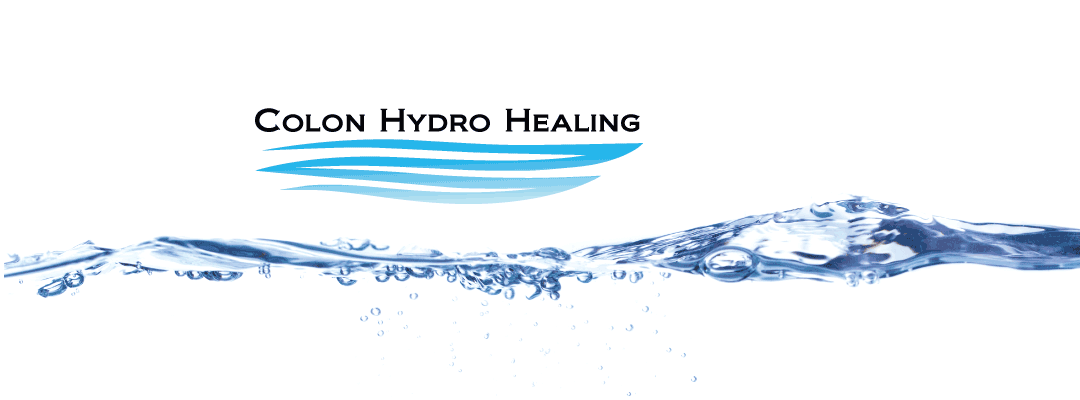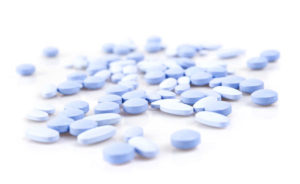When a client asks me which laxative they should use, I tell them that laxatives are not a part of a healthy living plan. Laxatives are not a cure or medicine. They provide temporary relief for a symptom (constipation) of a larger problem.
Laxatives do nothing to address the underlying issues. Often the real problem can be attributed to a poor diet, sedentary lifestyle, pregnancy, illness, medications or travel.
When laxatives are used long-term, for weeks or months, they can decrease the colon’s natural ability to move food along using a reflex known as peristalsis. This leads to dependency on laxatives to achieve bowel movements and often, to worse health problems.
There are serious health consequences for prolonged laxative use:
- Distortion of electrolyte and mineral balances like sodium, potassium, magnesium, and phosphorus. This imbalance can lead to organ dysfunction.
- Severe dehydration caused by extreme diarrhea. If food and water are flushed from the digestive system too quickly, the body may lose too much water to function normally. This can cause weakness, blurred vision, fainting, kidney damage, and even death.
- Organ damage can result, including distended or “lazy” colon, colon infection, impaired kidney function, and irritable bowel syndrome (IBS).
More common side effects include:
- Bloating,
- Cramping,
- Diarrhea,
- Nausea,
- Increased thirst,
- Electrolyte imbalance,
- Vitamin deficiencies,
- Belching/flatulence,
- Urine discoloration,
- Rectal irritation,
- Stomach discomfort, and
- Dehydration
If you become constipated or have stool that is hard, dry and difficult to pass: don’t reach for the laxative! Constipation should be treated with a few common sense lifestyle changes:
- The most effective change to combat constipation is to increase the amount of fibre-rich foods you eat: vegetables, fruits, nuts, seeds, whole grains, prunes, legumes, beans and peas are excellent choices. And if you need to get a bowel movement immediately, eat beets. They are exceptional at producing bowel movements, especially if eaten raw.
- Water is the world’s most natural laxative, but many people supplement their fluid intake with coffee, milk, juice and pop. These substitutes make your digestive system work harder than it wants to. By drinking more water you automatically prevent dehydration and soften stool.
- Try squatting during a bowel movement. Two-thirds of humanity use squat toilets, while those in westernized countries use the seated posture. Squatting is how our bodies were designed to expel waste. Luckily, in Canada we have access to the Health Step. This can be used in your bathroom at home and allows you to achieve a squatting position while still using a regular toilet. I use this in my business for my clients and for my family at home.
- Stimulate circulation and intestinal function by exercising! Walking 30 minutes a day will help waste move along the digestive tract by increasing peristalsis.
- Take a daily high-quality probiotic. By balancing the good and bad bacteria in the gut, digestion and elimination improves.
If you’ve turned to laxatives in the past to ease constipation, you have only masked an underlying problem. For some a tweak of the diet, increased activity or changing medications is all that is needed for consistent relief. For others who have suffered with chronic constipation, a build-up of waste in the colon can be stuck for years and no amount of fibre-rich foods or exercise can peel this waste off the colon walls. This is when I recommend the use of hydrotherapy.
Colon hydrotherapy is the only pain-free, safe, and effective option for removing toxic build-up after years of constipation. Call me at (780) 906-2316 for more information or to book your next appointment.

